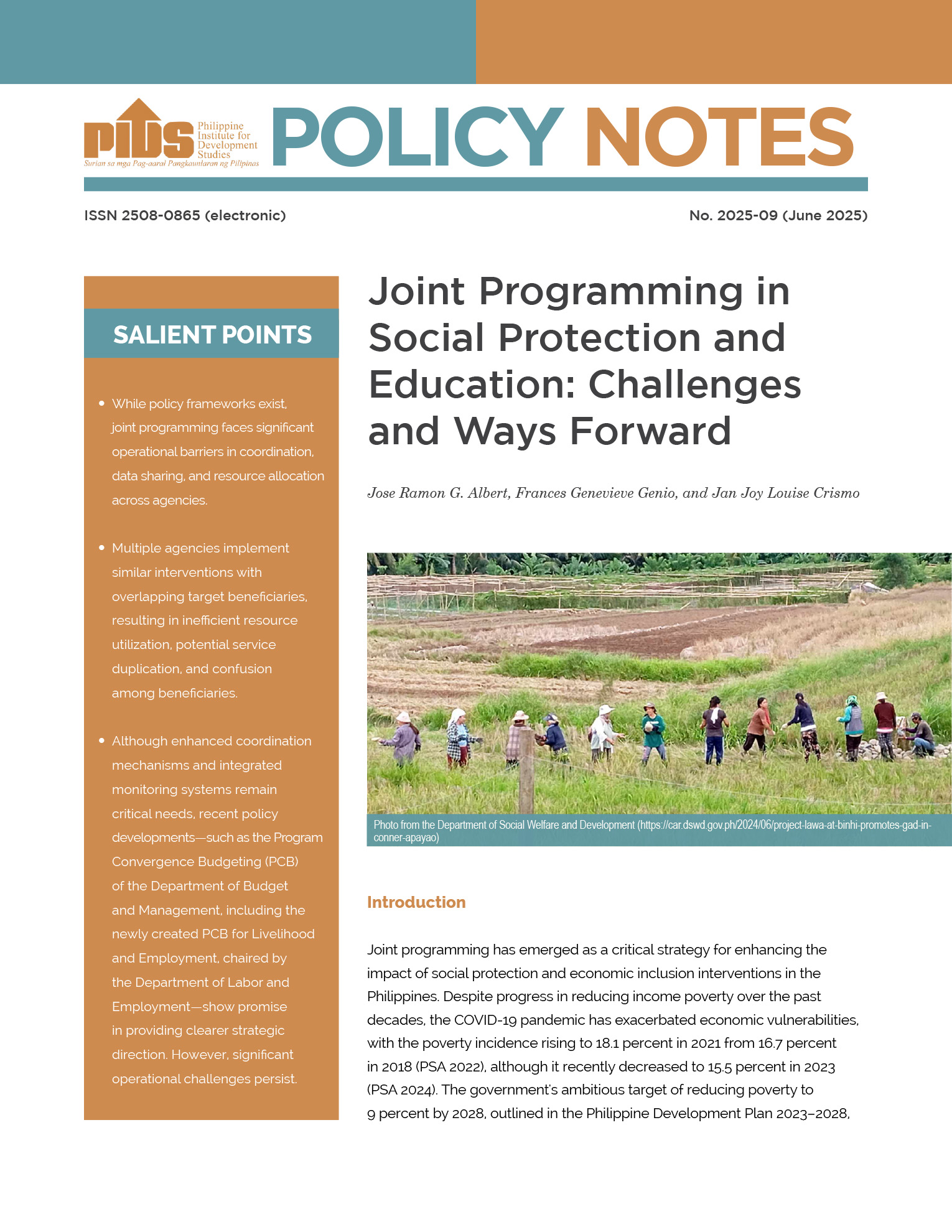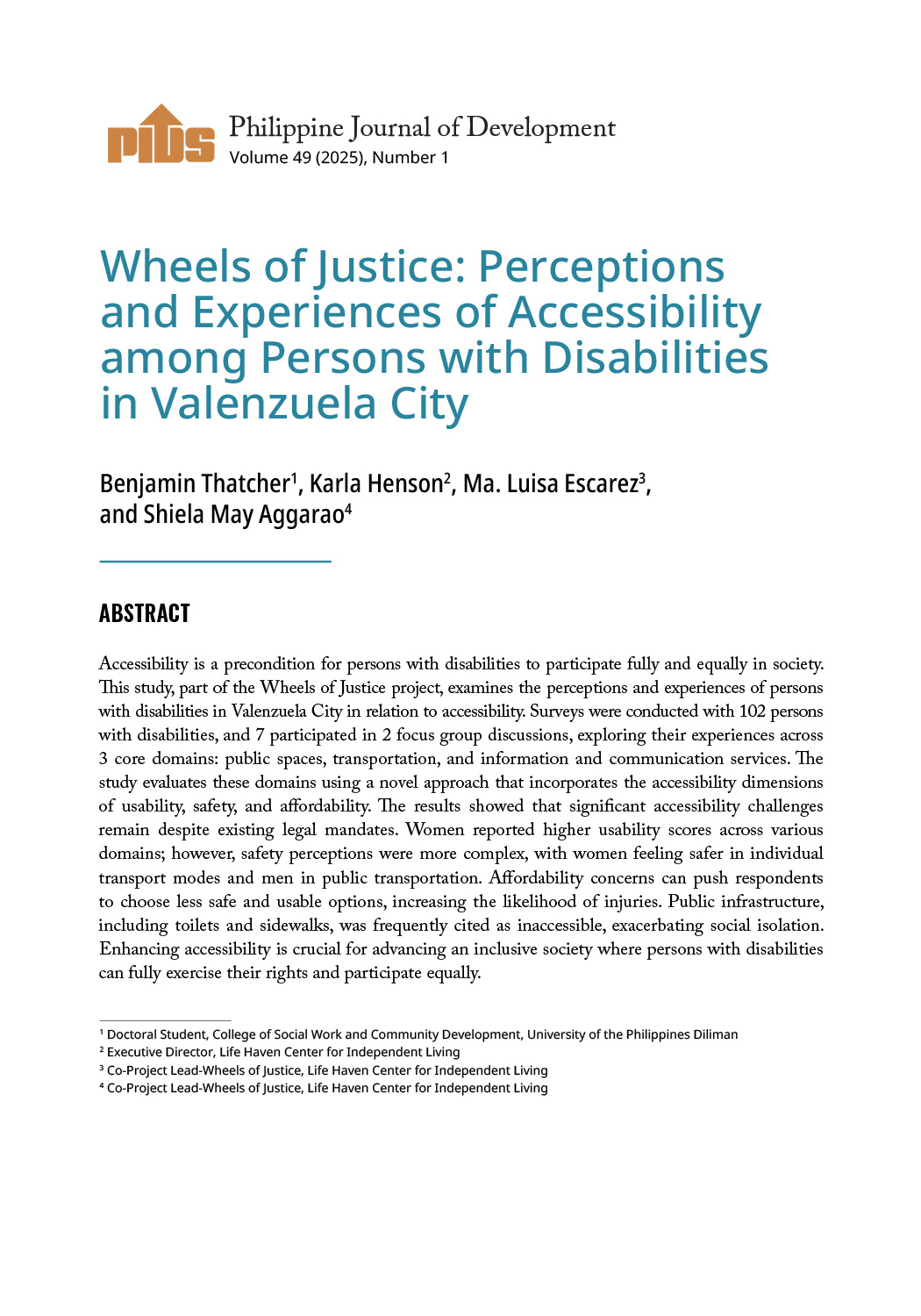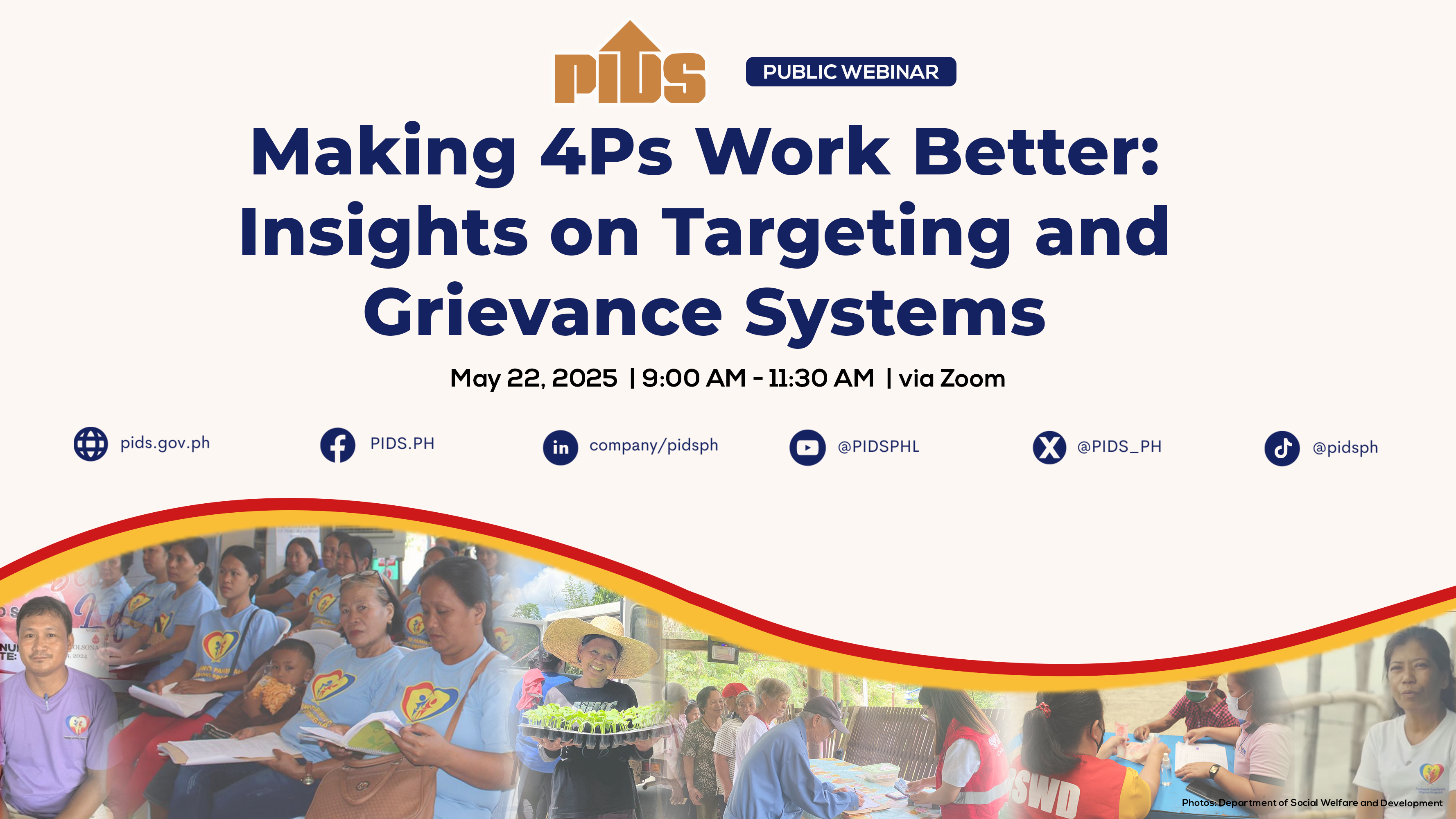While many of us are still in a “debate mode” on charter change and a shift to federalism, it looks like the administration’s initiative on what could be the most important political change since Martial law and the People Power revolution, is moving at high speed.
This was the observation of a number of academics who felt that there was a disconnect in terms of what some of our government representatives are saying and what is really happening.
A number of academic institutions, business and civic groups are now gearing for a full-blown debate on a “Federal Philippines” with the hope that by engaging the public in dialogue on the pros and cons of charter change and federalism, a consensus would arise on future directions. But this expectation appears to become just another academic exercise as the administration appears to be set on some target dates. We understand from Asec Jonathan Malaya of the Department of Interior and Local Government who spoke at last Monday’s forum sponsored by the Ateneo School of Government, that change is indeed coming . Together with Alfredo Sureta, senior consultant of the Presidential Legislative and Liaison Office, Asec Malaya, who presented the PDP Laban model, noted that by July, the Consultative Commission shall have completed its draft which would be ready for endorsement by the President during his SONA. Then, the debate would begin.
The three of us – Dr. Rosario Manasan of the Philippine Institute for Development Studies, Dean of the Ateneo Law School Sedfrey Candelaria and myself, reactors on the discussion on the “Social, Political, and Economic Viability of Federalism in the Philippines” responded according to our perception that we were helping formulate a framework for what Dr. Antonette Palma Angeles, vice-president for the Ateneo Professional Schools hoped would be a well-reasoned debate.
And Prof. Sureta noted that it is important to frame our debate on the role of political institutions in the making of a “strong state”. Those that fall in between strong and failed institutions are States having a mixture of strong institutions in terms of participatory democracies while weak in delivering public service. And for the Philippines which has had no experience on a federal system, there is no empirical proof of either failure or success. The Philippines will enter a political unknown. But the unknown represents both opportunity and challenges. The “leap into the unknown” with federalism as the structure will involve a negotiation of political and fiscal authority as it addresses the unitary centralization. Gridlocks because of the absence of party discipline, and a national mandate which prevents disciplining erring legislators. Thus, the difficulty of securing any clear legislative majorities. He recognizes the need to address political dynasties and inequalities and the fiscal dimension of federalism and seeking a formula (80-20 percent in favor of LGUs) revenue sharing.
The lopsided economic development, the present allocation of 72% of taxes to the national government which has poor absorptive capacity are arguments for federalism according to Asec Malaya who cites the need to accelerate economic development of the regions, activate the region’s participation in national decision-making, achieve peace in Mindanao, and pursue the development of culture and language of ethno-linguistic groups as objectives of federalism.
Dr. Manansan cited critical principles in the design of fiscal features of a federal system – establishing clarity in assigning expenditures; importance of equalization grants to mitigate risks in the worsening disparity in human development; and internal consistency and coherence in the design of the four pillars, namely, expenditure assignment, tax assignment, intergovernmental transfers and subnational credit finance. She estimates that because of the additional salaries of governors and state legislators, an additional financial allocation of P44 billion to 72billion will be needed depending on the number of states.
My presentation focused on the need to prepare the framework for a nation-wide debate and public consultations with the people. Thus, the need to engage the people towards envisioning the future they would like to see. Often, we overlook this important element needed in any critical structural change. What kind of reforms do they want to see? What changes do they want in the existing institutions? We should be able to raise questions such as: How do we ensure authentic participation of the lumads and other cultural communities? How about Sabah and the conflict in the West Philippine sea? What policies will be needed in planning the use of the new media and information technology? How do we ensure that they in fact contribute to narrowing the wide social gap? How do we maintain quality and access to education? What measures should take to ensure that federalism will not further divide and fragment the country? How do we ensure national unity and national identity? What measures can we take to prevent secession? How do we ensure a balance between strengthening our sovereignty and partnership with the global community? How do we ensure that constitutional change and federalism would lead to a common understanding of multilateralism between us and the global community?
Dr. Salvador Araneta, one of the early proponents of federalism suggested that introducing a federal structure in a country that has been unitary since the beginning requires at least 10 to 20 years. Perhaps because of the new information technology, we can shorten the time frame to five years. This period is needed for confidence and trust-building – among ourselves and with government and other sectors. It will give our people the opportunity to internalize the implications of the change, share their own experiences that would be useful in the process of designing a realistic and culture-fit type of federalism. The time will give us an opportunity to monitor changes brought about by new laws – regulating political dynasties and strengthening political parties. In the meantime, we are able to address the yawning gaps in income and social inequality as well as addressing similar constraints in raising the level of human development We shall have made gains in ensuring substantive and expanded social justice especially towards the less privileged sectors of our society.
My email, Florangel.braid@gmail.com












